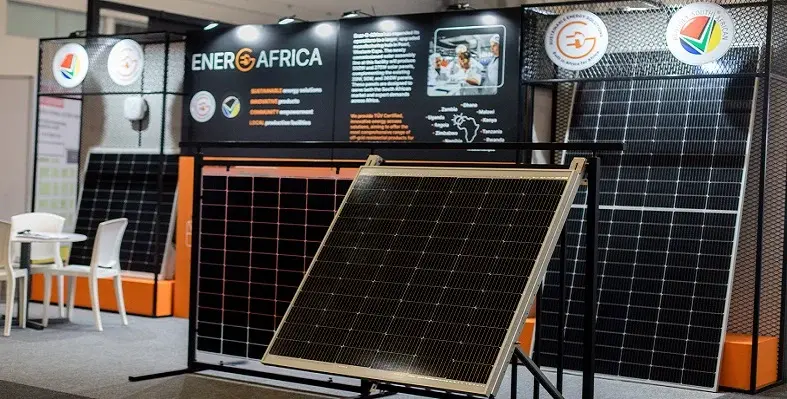Ener-G-Africa (EGA), a provider of innovative energy access solutions, has relocated to a larger manufacturing hub in Paarl, South Africa
In doing so, the company has sought to significantly expand its operations, with the new facility boasting a cutting-edge solar assembly line that is capable of producing TÜV certified 550W and 275W solar panels as well as the existing 20W, 50W and 360W panels. This will help the company in its efforts to serve the South African market and export needs across Africa, adding to its comprehensive range of off-grid residential products.
“Our investment in state-of-the-art German technology allows us to produce highly advanced and reliable solar panels specifically designed for the African environment,” remarked Andre Moolman, CEO of EGA. “We are equally dedicated to training, upskilling, and employing women and young people from local communities in our solar assembly and manufacturing processes. By integrating automation in key areas, we ensure superior quality control and cost efficiency. This approach not only empowers individuals but also ensures that high-grade solar products are more affordable and accessible across Africa.”
Dave Lello, chief business development officer at EGA, added, “With our modules being manufactured locally, it means we have been able to adapt our design, specifically for the requirements of the African market, particularly the 275W panels. No other manufacturer currently makes 275W panels configured quite like this. They have been designed with flexibility in mind while maintaining the voltage output of larger panels in order to integrate with most standard industry inverters.
“They are specifically tailored to offer higher capacity in a smaller area. For example, on an unusually shaped roof, you can fit more panels, which means more power.”
Lello also noted the practicality of the 275W panels for residential use. “One panel can replace a 2x150W configuration at a lower cost whilst requiring less space,” he surmised. “Likewise, 2x275W panels will generate better performance than three of the 150W panels currently on the market, reducing the number of panels needed.
“The flexibility of our 550W and 275W panels allows for combined use within the same string, optimising performance for various configurations, including east-west orientations, which are beneficial for maximising energy use throughout the day,” Lello explained.
According to Sherisse Alexander of WATT Renewables, solar and storage presents a ‘win-win’ for Nigeria as it seeks to manage its forthcoming data centre market explosion. Click here to read the opinion piece in full.












